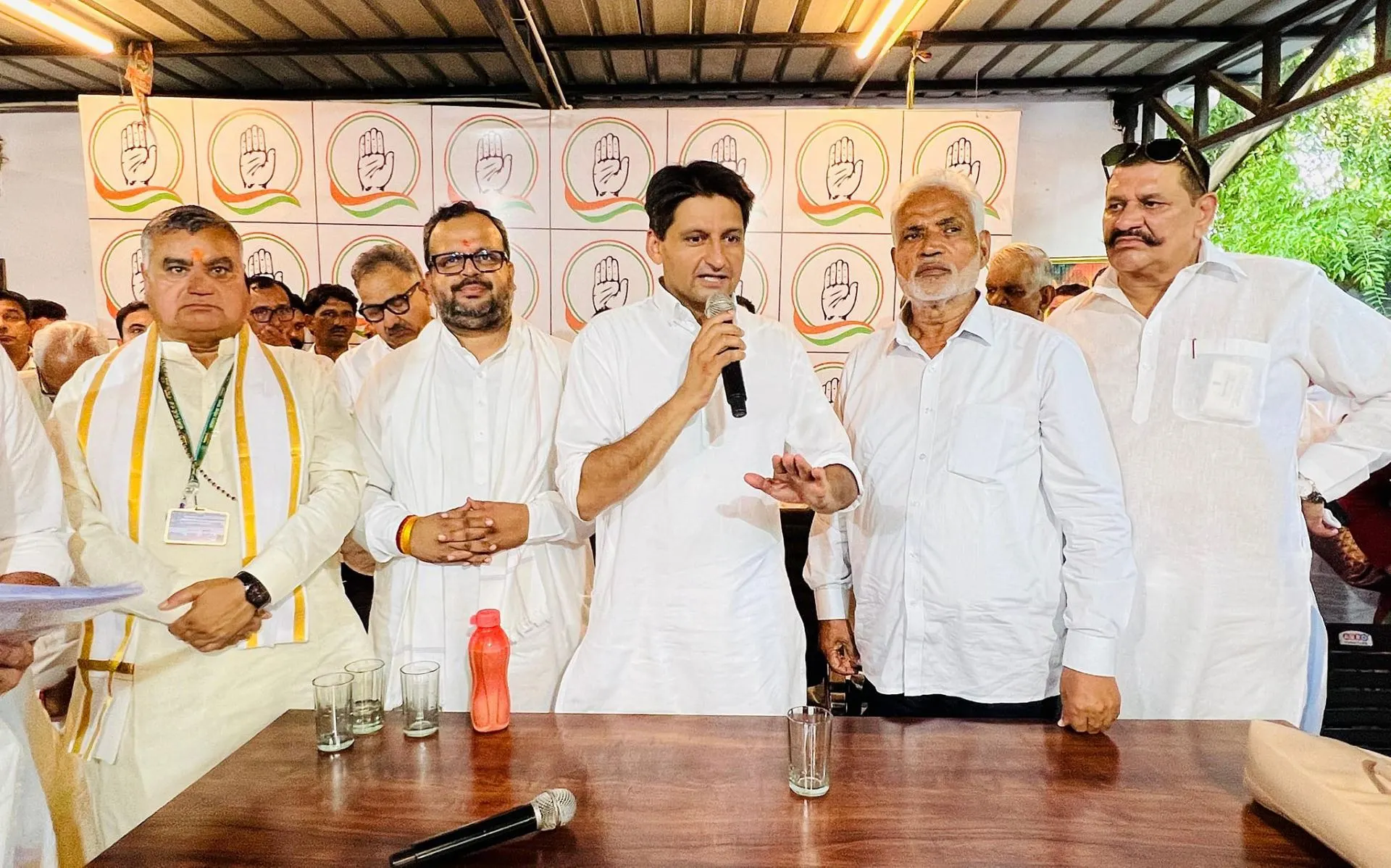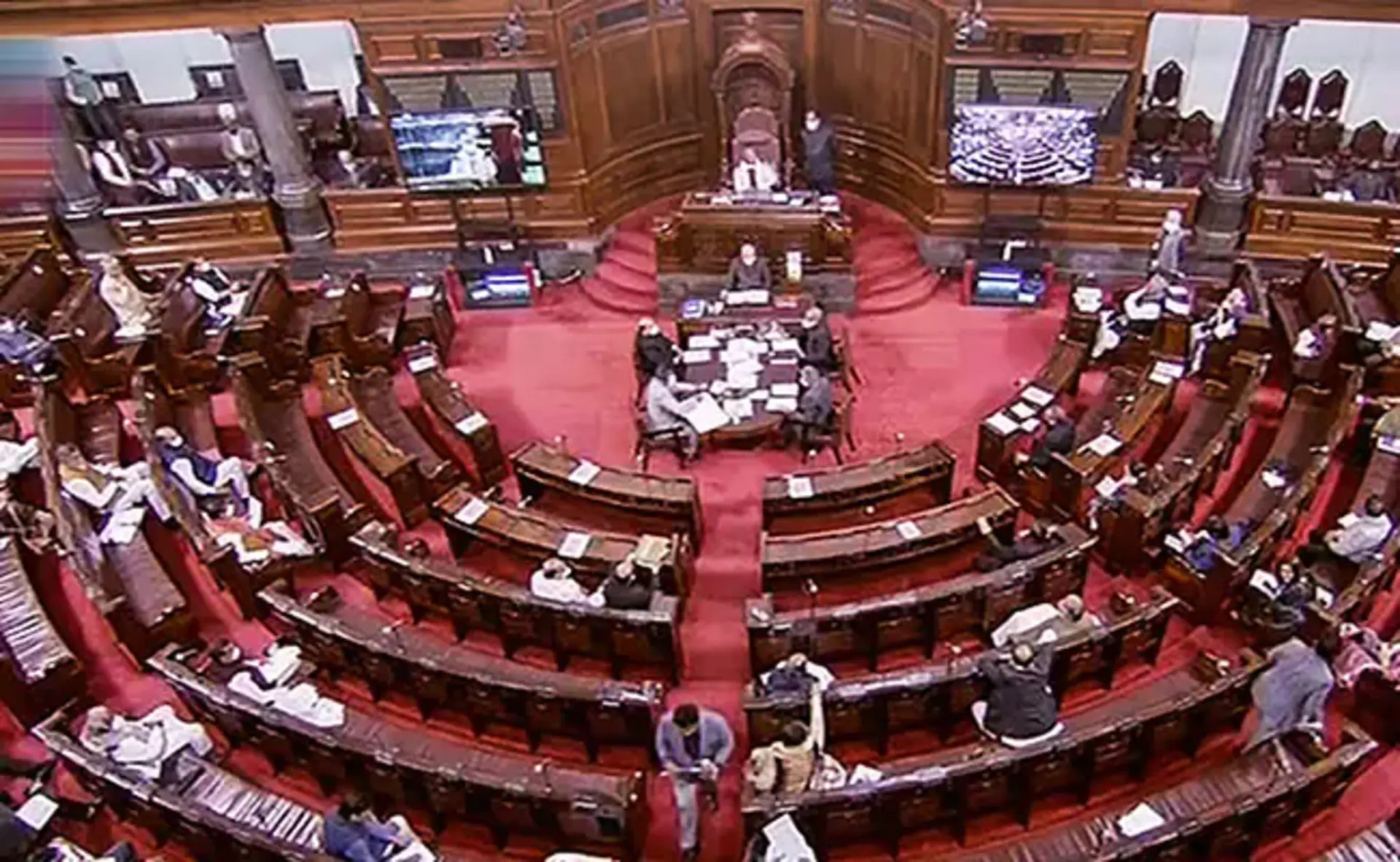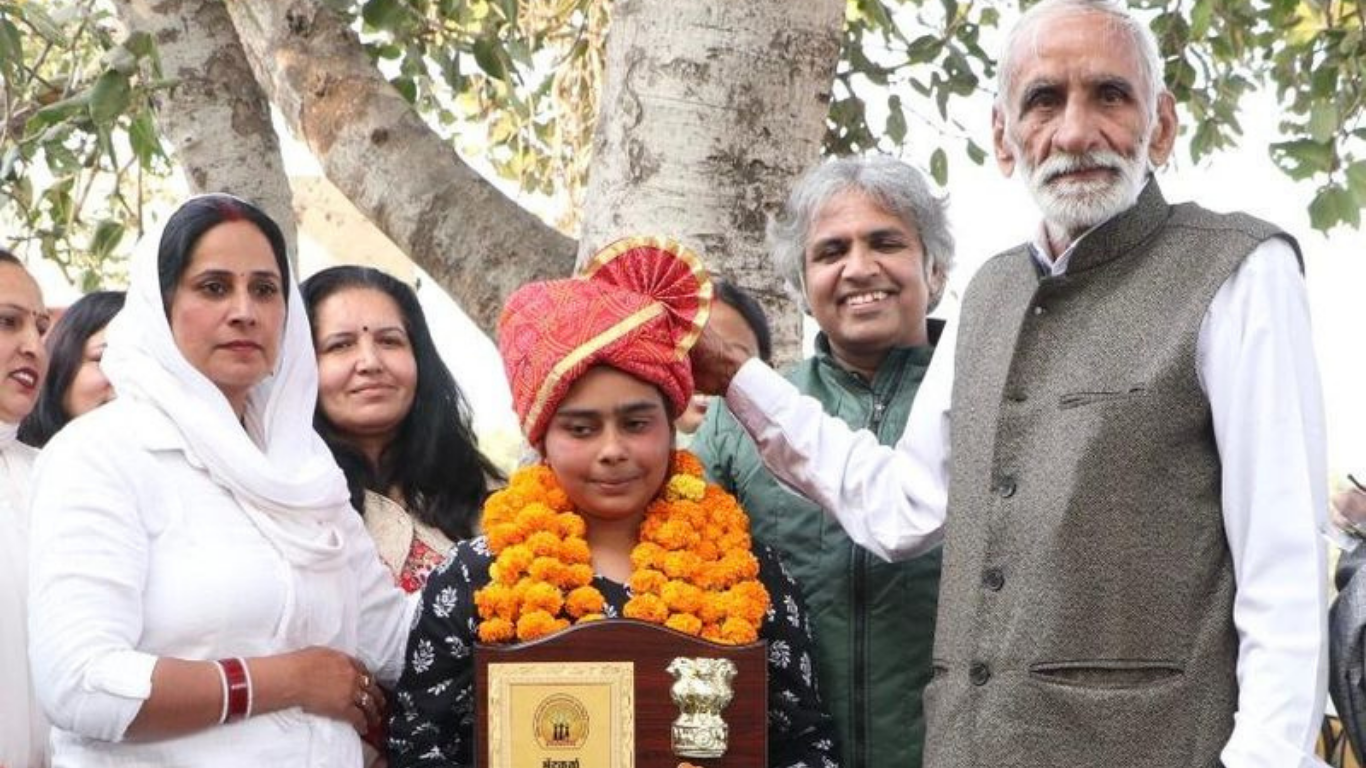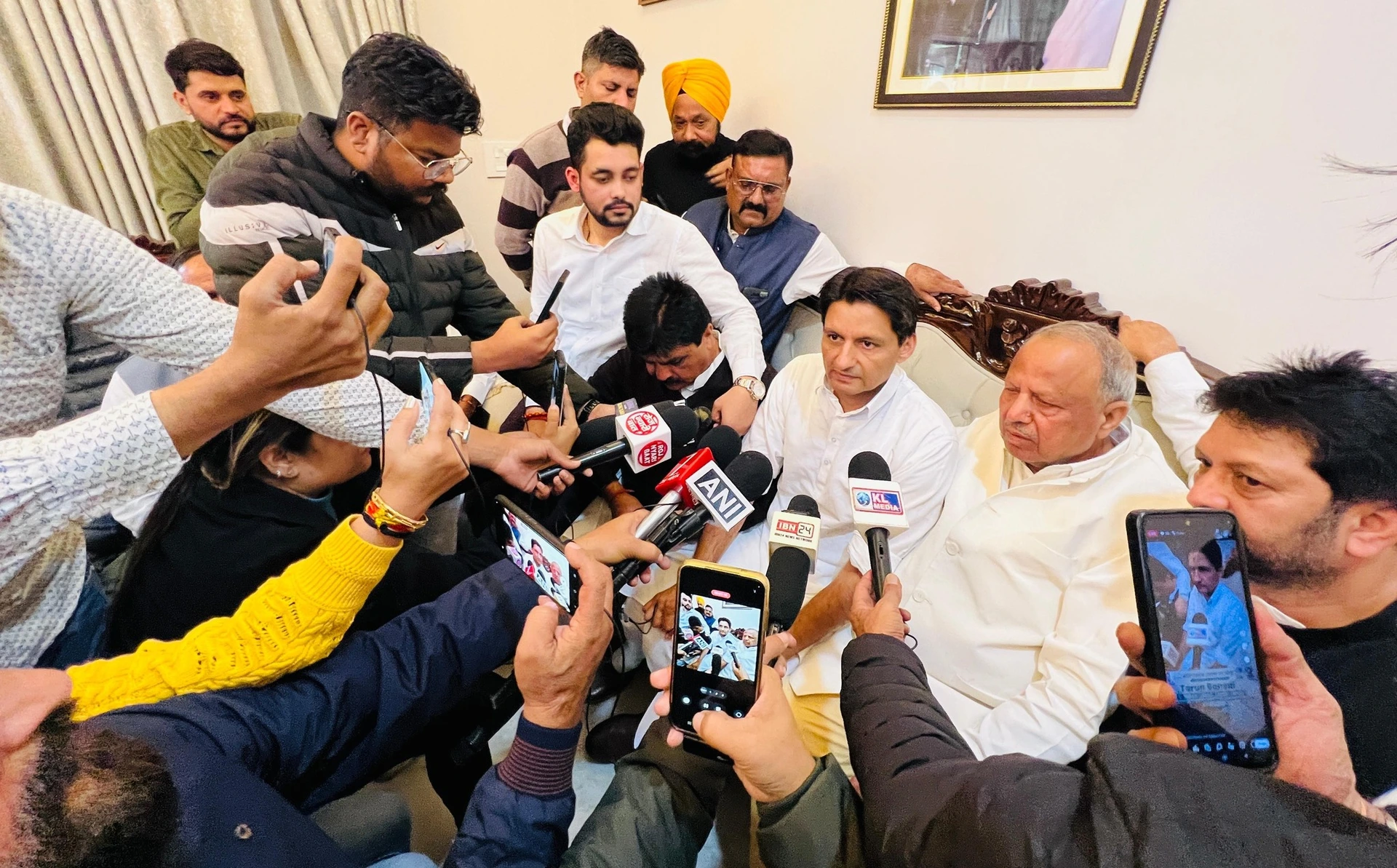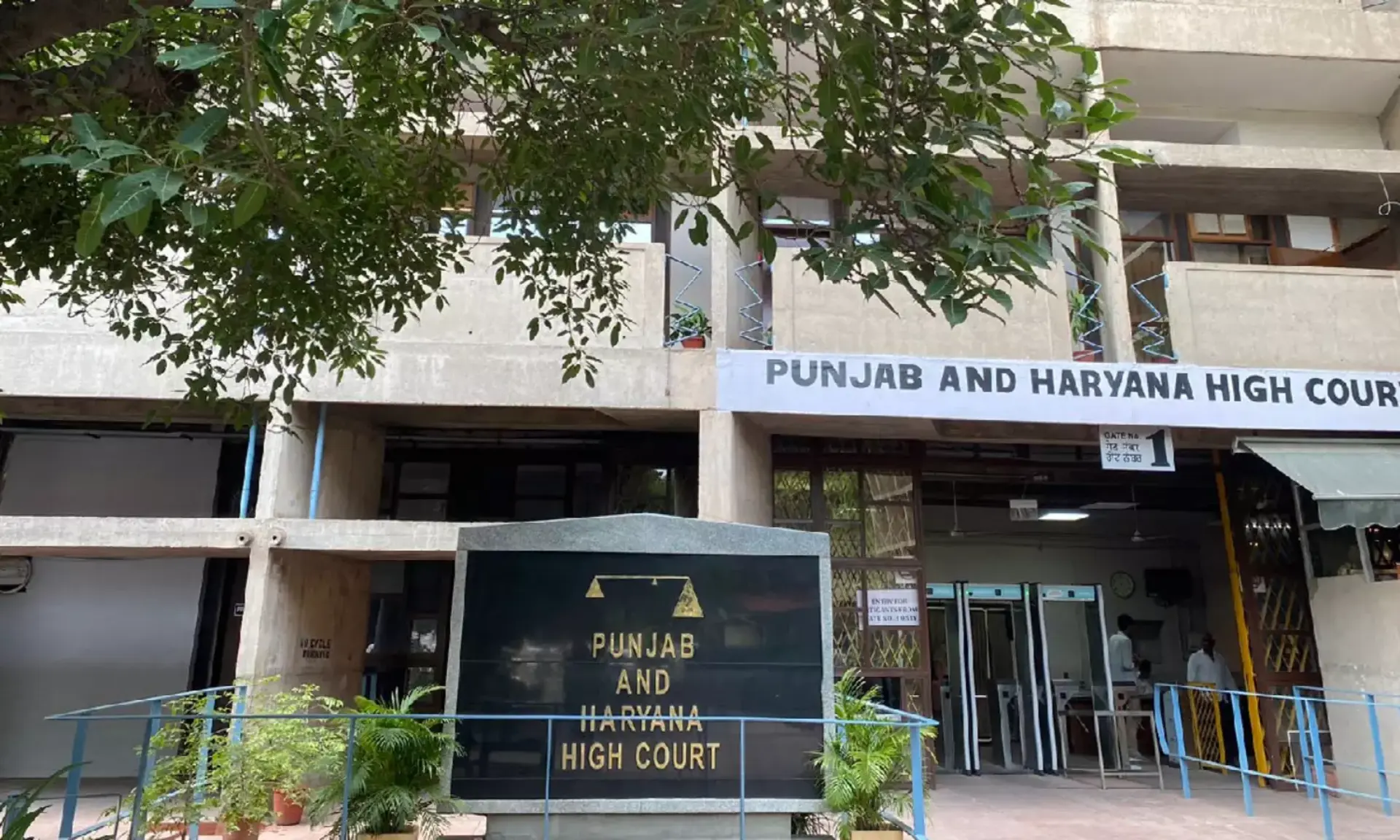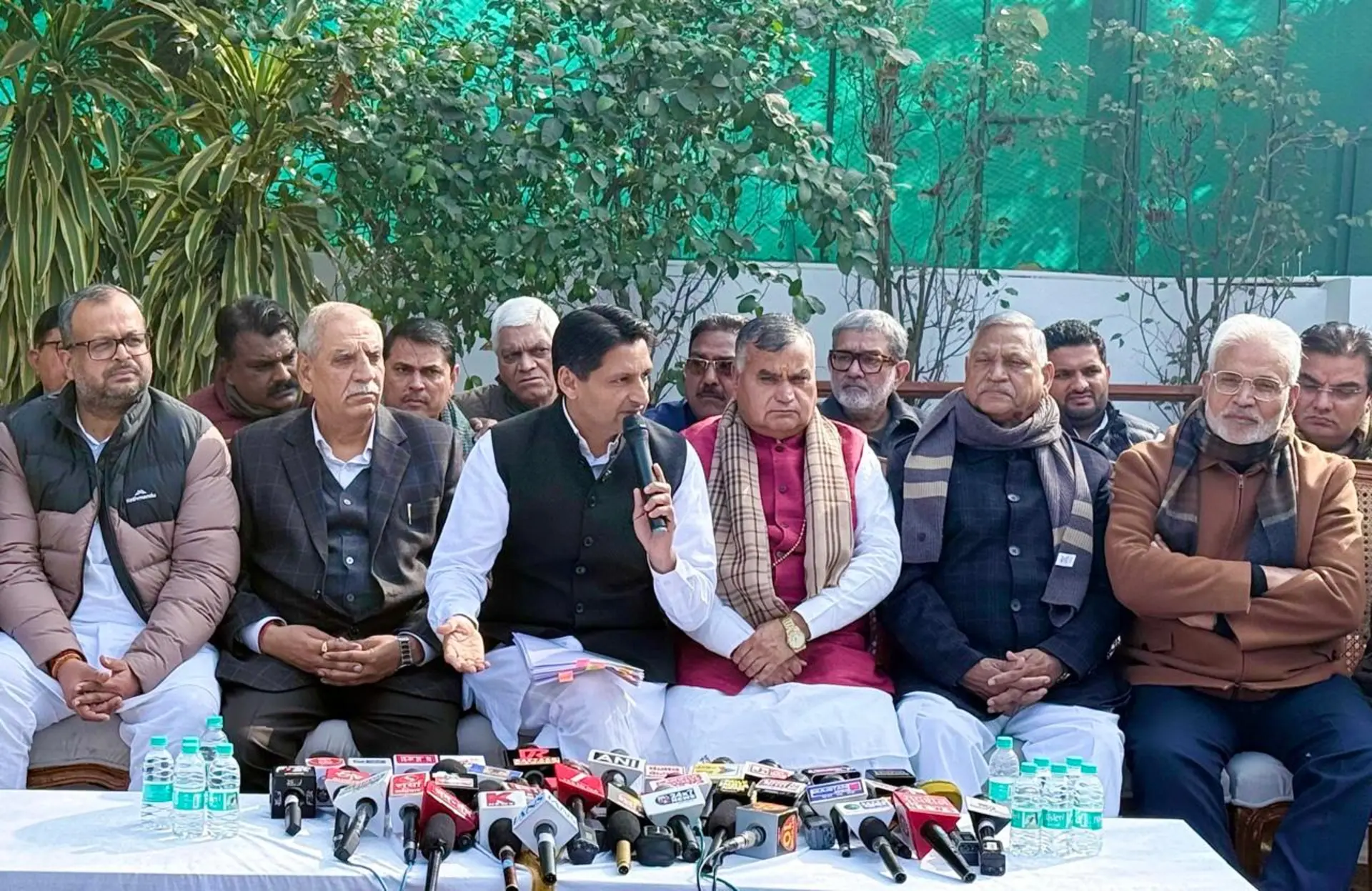
Congress party in Haryana is gearing up for a major change in its ticket distribution strategy for the upcoming state elections. The party is planning to move away from its traditional quota system and focus more on social engineering, similar to the BJP's approach.
In a significant shift, Congress is likely to reduce the number of tickets given to Jaat candidates. Previously, the party heavily relied on Jaat votes, but now it's looking to broaden its appeal. The number of Jaat candidates may decrease from 28-30 to 18-20 this time.
The party is also planning to increase representation for other communities. Brahmins, Punjabis, Vaishyas, and Rajputs may see a higher number of tickets allocated to them. This move is aimed at capturing the non-Jaat vote bank, which has been a stronghold of the BJP in recent years.
Congress is particularly focusing on 73 seats where it believes it has a good chance of winning. The party is giving special attention to Backward Classes (BC-A and BC-B) communities in these areas.
In another significant change, the party may deny tickets to candidates who performed poorly in the 2019 elections. Those who lost their deposits or have lost two consecutive elections might not get a chance this time. This could affect at least 27 candidates who lost their deposits in the last election.
Even sitting MLAs are not safe in this new strategy. At least 10 current Congress MLAs might see their tickets cut. This is a departure from the party's usual practice of giving preference to incumbent MLAs and well-known faces.
The party's decision to change its strategy comes after a thorough analysis of the 2019 election results and the current political climate in Haryana. Congress leaders believe that the old quota system and over-reliance on Jaat votes have not worked in their favor in recent elections.
This new approach is seen as Congress's attempt to regain power in Haryana after being in opposition for the last five years. The party is hoping that this social engineering will help it counter the BJP's successful non-Jat politics in the state.
However, this strategy is not without risks. The reduction in Jat candidates could alienate a significant portion of the state's population. The party will need to balance its new approach carefully to avoid losing its traditional vote base while trying to attract new voters.
As the elections draw closer, all eyes will be on Congress to see how effectively it implements this new strategy and whether it can challenge the BJP's dominance in Haryana politics.



